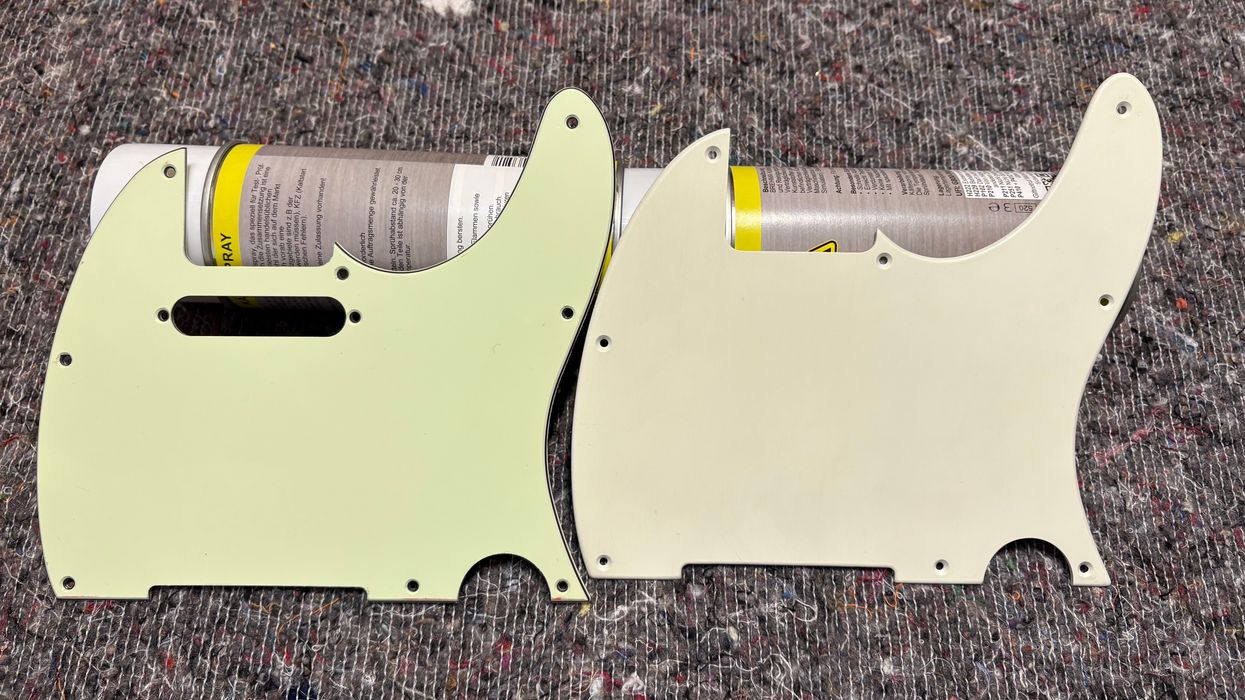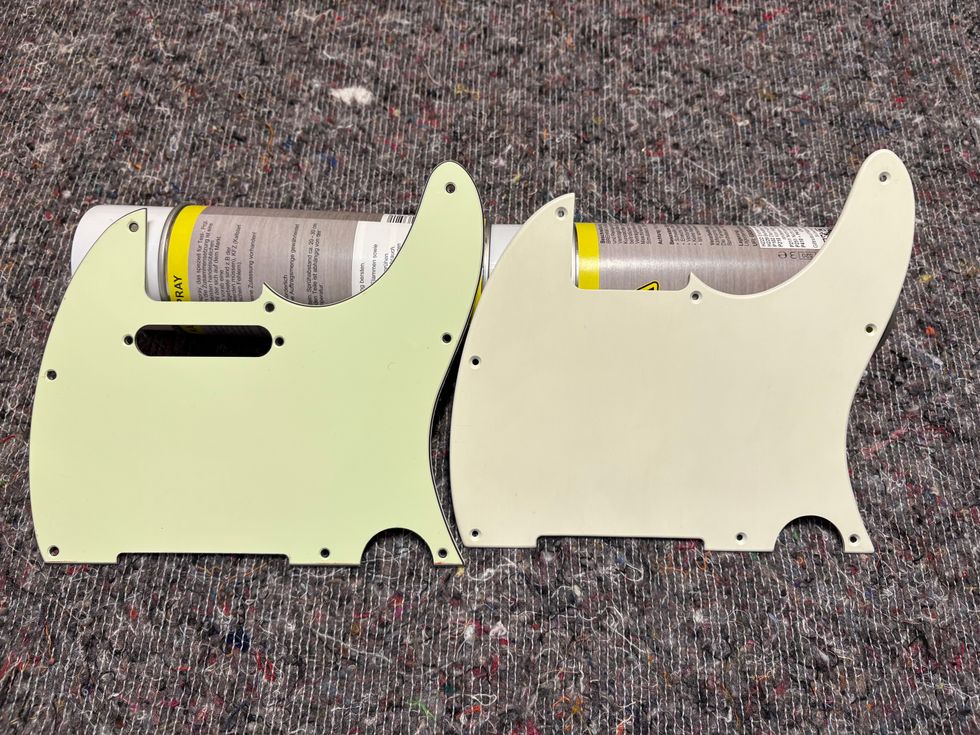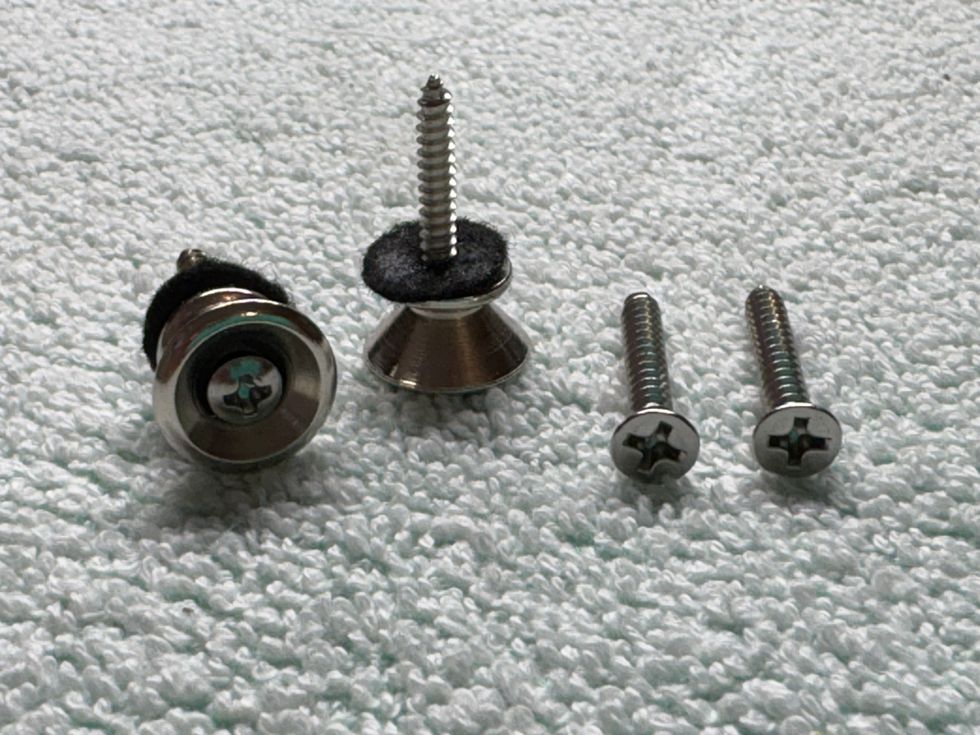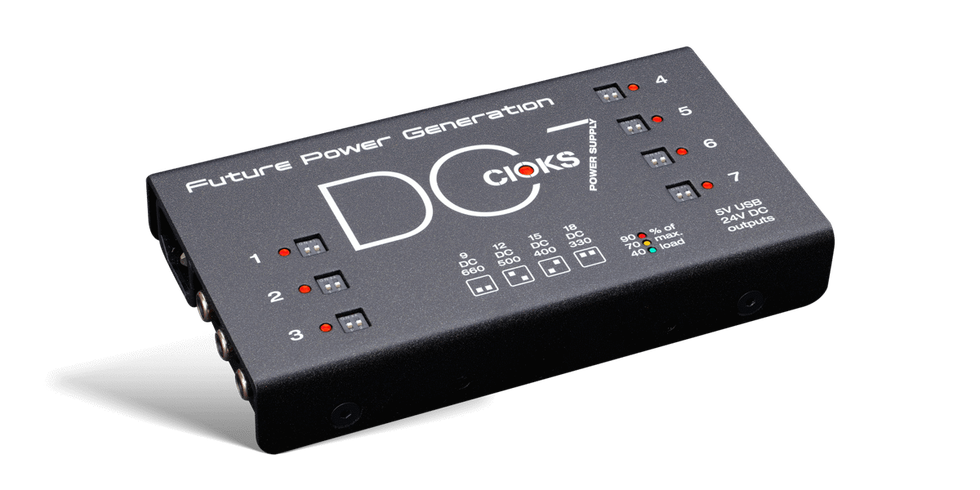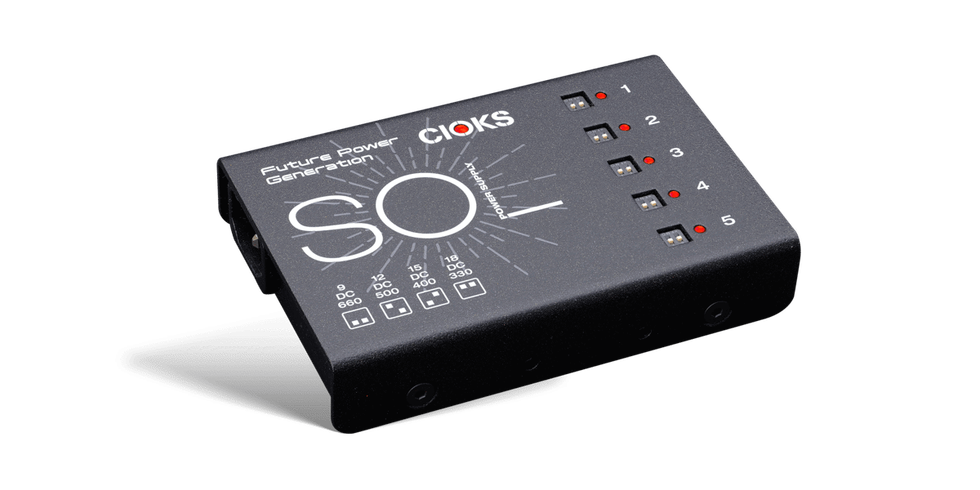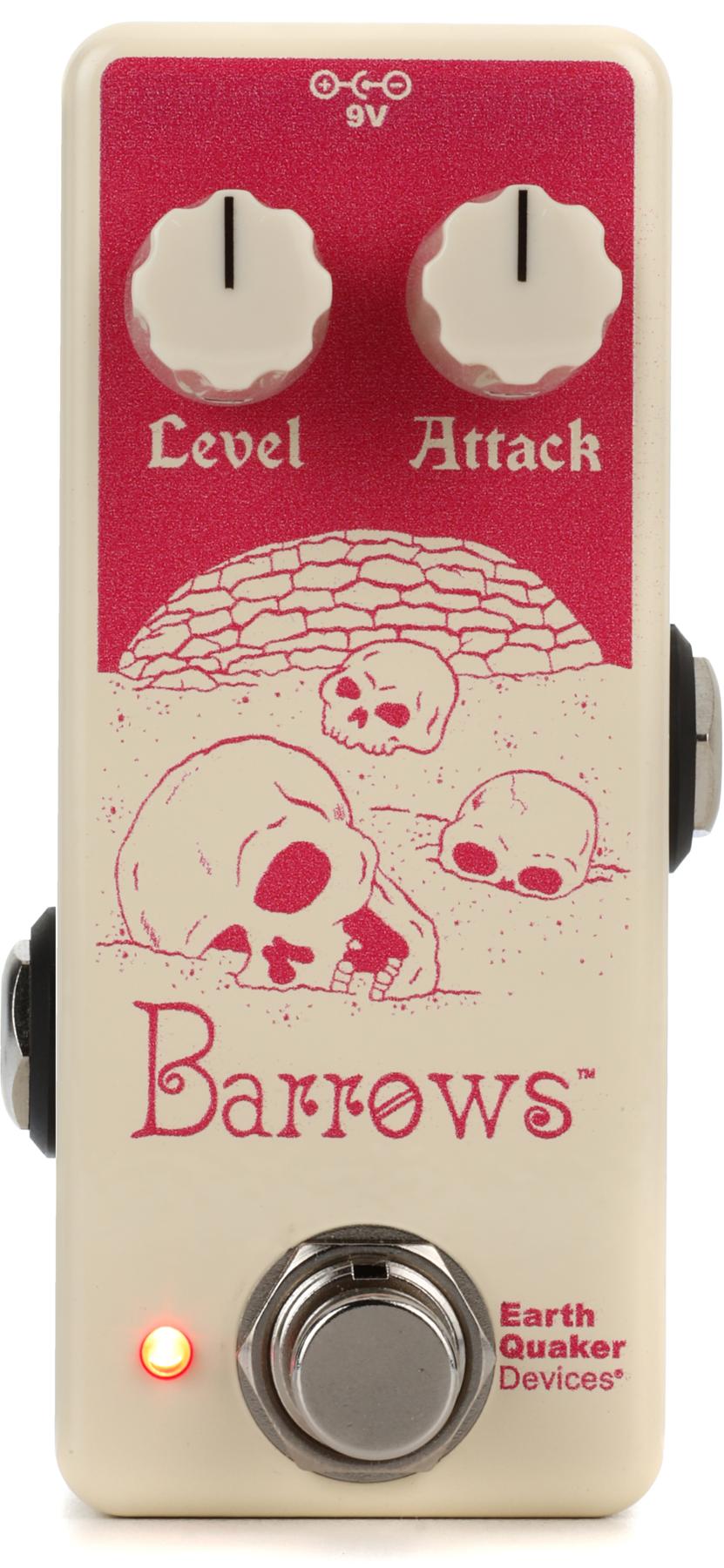There seem to be two major questions about amp repair: why is amp repair so expensive that we don’t dare have an amp break? And why are good amp techs so hard to find?
I’ve had the good fortune to associate with, receive wisdom from, and (rarely!) provide some bit of technical assistance to some superb techs. These are the guys who service amps for the hot music talent in the Austin area. They can tell what’s wrong with an amp by how it smells or by sensing its aura.
I also know a few of what I call pseudotechs. These misguided souls think they know how to fix amps, but deep inside they are certain that they know how to mod your amp so it sounds like the songs of angels, or devils, depending on your musical taste. They generally end up doing some non-standard things to amplifiers that make for laughter and extra income for the real techs.
But I noticed something about the amp wizards. In spite of the conventional wisdom that it costs a fortune to fix an amp, these guys are not driving luxury cars and they don’t wear designer clothes. In many cases they have a really hard time keeping up with a mortgage and doing the things that other adults like to do, like supporting a family, a house, a car and a dog all at the same time. The pseudo-techs, on the other hand, don’t have too much trouble with supporting themselves. What’s going on?
Solving the little technical mysteries of defective amps is a talent. You have to be able to take a cryptic, “It sounds like there’s a mouse in the tone control,” or an incomplete, “It just quit on me!” description of the amp’s problem, then translate that into some questions to try to get a dialog flowing, like, “Did you hear a hissing sound when it quit?” and from there take a few measurements and get to the real problem – “Ah-ha! A burned screen resistor!” – in a hurry. The actual repair is often anticlimactic, as it can only take so long to replace a burned-out component.
The real amp wizards love this. They delight in knowing what’s happening inside an amp by the way the power indicator light flickers and investigatingother Sherlock Holmes-ian clues.
In spite of what seem like steep bench wages, a tech can’t raise his rates until he makes enough money.
And here’s the issue: that same kind of technical insight, electronics savvy and detective’s eye for what electrons are doing makes them really valuable for other things, too. So valuable that Industry – with a capital I – hunts down kids with this kind of talent and recruits them to keep IC fabs going and to keep electronics development and design on top. The kids who could develop into good amp techs are usually lured into higher-tech jobs that pay a lot more.
We’re in the middle of an amp tech generational change. Many of the amp wizards are middle-aged and have done it forever. They got into amp-teching before that set of skills was hunted down. The good techs I know of are also good musicians and have a band or two going at any given time. They love the music business enough to stay in what is a fairly low paying job for a person with good electronics skills.
Did I say low-paying? Yes. In spite of what seem like steep bench rates, a tech can’t simply raise his rates until he makes enough money. There are those pseudotechs out there who get the work and his income drops to about zero. You’d think the customers would be right back when they see what’s been done to their amps, but by that time the tech’s mortgage could be in foreclosure.
Also, a tech doesn’t get to keep all of the repair payment. He’s paying rent, insurance, utilities, supplies, and all of that self-employment stuff. Or he’s working in a shop for a fraction of the take, which is steady but smaller.
Then there are the non-paying customers, the check bouncers, and they guys who just never come back. Or come back weeks after their fixed-but-not-paid-for stuff got sold to someone else, like it says on the repair ticket they signed when they first brought it in.
So, when you do find a good amp tech, be nice to him. Be one of the customers he remembers as a nice guy and for whom he’d be willing to do a favor. It not only gets your amp fixed sooner, but also may lighten the day of a guy who does his profession for love, not money.
R.G. Keen
Cheif Engineer
Visual Sound
www.visualsound.net








![Rig Rundown: Russian Circles’ Mike Sullivan [2025]](https://www.premierguitar.com/media-library/youtube.jpg?id=62303631&width=1245&height=700&quality=70&coordinates=0%2C0%2C0%2C0)



![Rig Rundown: AFI [2025]](https://www.premierguitar.com/media-library/youtube.jpg?id=62064741&width=1245&height=700&quality=70&coordinates=0%2C0%2C0%2C0)
